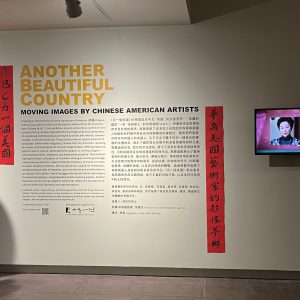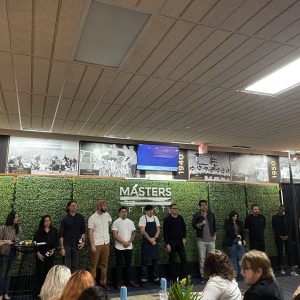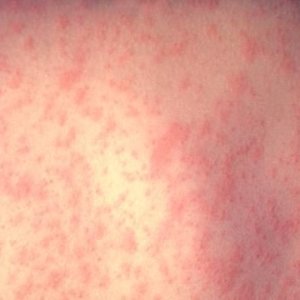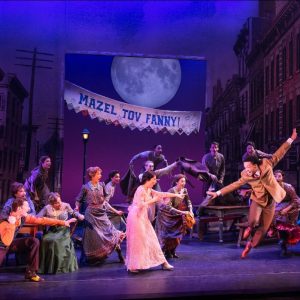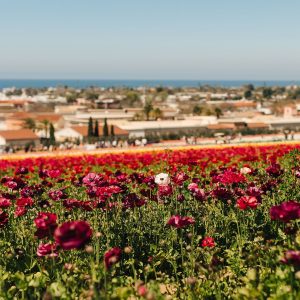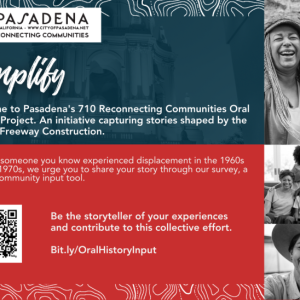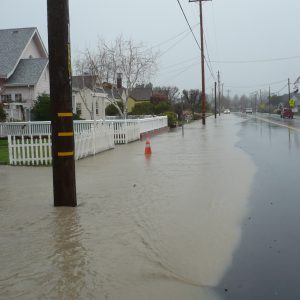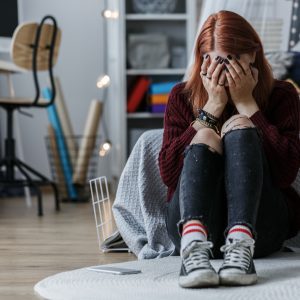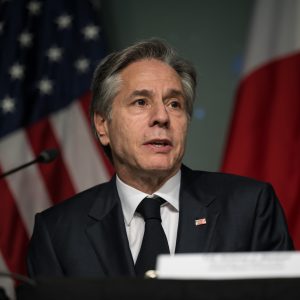 View Winners →
View Winners → 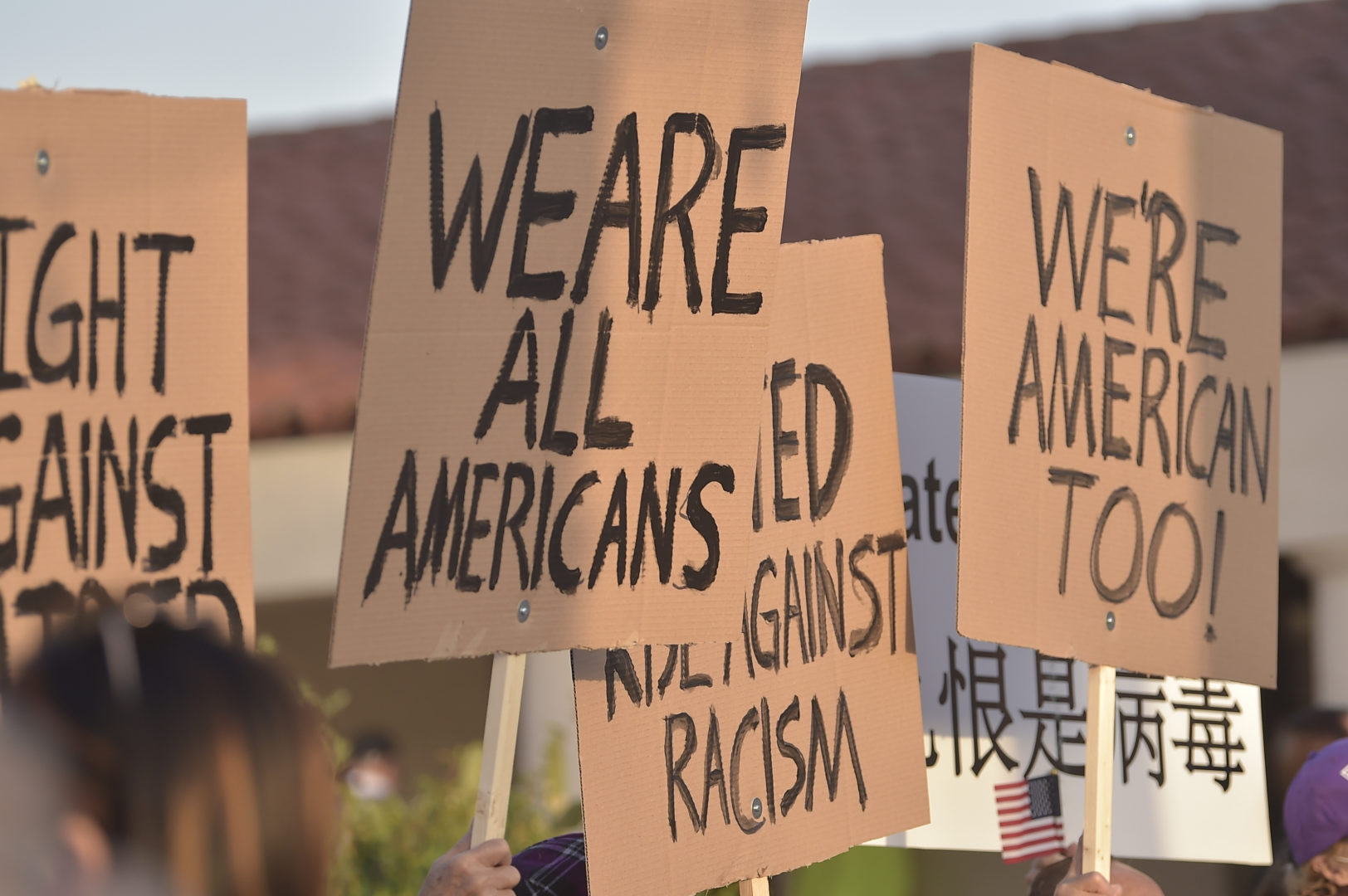
‘Skyrocketing spike’ of anti-Asian violence says President Joe Biden
It seems the country is once again at a crucial boiling point for racial injustice and the latest targeted group is the Asian American and Pacific Islander community.
Asian Americans, exhausted by a year of pandemic political issues, recoiled when a white gunman was charged with killing eight people, six were Asian women, at three Atlanta-area spas.
On Friday, President Joe Bident and Vice President Kamala Harris condemned the recent violence against Asia Americans.
“They’ve been attacked, blamed, scapegoated and harassed. They’ve been verbally assaulted, physically assaulted, killed,” Biden lamented after meeting with Asian American leaders in Atlanta. “It’s been a year of living in fear for their lives just to walk down the street.”
“Racism is real in America and it has always been,” Harris said.
Exasperated that the suspect, 21-year-old Robert Aaron Long, was not immediately charged with hate crimes, many people in San Gabriel felt that Atlanta law enforcement officials were not addressing the real issue of racism and tiptoeing around the words they use to describe the horrible attacks.
On Saturday evening, San Gabriel Mission Playhouse hosted about 400 people who carried signs with messages like “Stop Asian Hate” and the flag of the United States as they prepared to pay tribute to the victims of the Atlanta spa shootings last Tuesday. Marking the tragic loss of life, the somber vigil reflected more than half-a-million Asian residents’ fears and concerns about racism in America. The solidarity between area cities was unmistakable.
Another local example of a hate crime occurred Sunday at the intersection of Grand Avenue and South Diamond Bar Boulevard in Diamond Bar. There was a scheduled “Stop Asian Hate” rally at the location. While attendees of the rally were in the crosswalk, the suspect drove through a red light at the intersection and antagonized them by yelling racial epithets. The suspect’s vehicle license plate was captured on video footage and investigators are attempting to identify the white male in his 50s.
Under the previous administration, clearly racist statements were made publicly by former President Donald J. Trump when referring to COVID-19 as “China virus” or “kung flu.”
The ensuring societal results have been serious upticks in anti-Asian attitudes. A study published by researchers at the University of California at San Francisco found that Trump’s first tweet about a “Chinese virus” on March 16, 2020 cause an increase in anti-Asian hashtags. “One fifth (19.7%) of the 495,289 hashtags with #covid19 showed anti-Asian sentiment, compared with half (50.4%) of the 777,852 hashtags with #chinesevirus,” researchers wrote. “When comparing the week before March 16, 2020, to the week after, there was a significantly greater increase in anti-Asian hashtags associated with #chinesevirus compared with #covid19.”
Words have power, especially when coming from a presidential pulpit, but America has a long history of anti-Asian racism — from the Chinese Exclusion Act of 1882 to the modern model minority myth and numerous other examples before, in between and after.
During WWII, Japanese Americans were targeted by the U.S. government after the Pearl Harbor attack. The retaliation caused thousands of Japanese Americans to be exiled into “relocation camps.” The incarceration facilities were established during the war by President Franklin Roosevelt through Executive Order 9066. From 1942 to 1945, it was the policy of the U.S. government that people of Japanese descent would be held in isolated camps. The camps are now considered one of the most atrocious violations of American civil rights in the 20th century.
Saturday, March 27, there is a National Day of Action where demonstrations will take place across the country demanding an end to anti-Asian racist violence, an end to violence against women and an end to white supremacy. The protest in Los Angeles will be at noon at City Hall, 200 N. Spring St. The Answer Coalition is sponsoring the National Day of Action.














